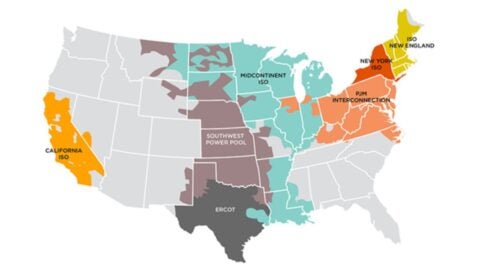Court Denies Petition to Compel EPA Compliance with Supreme Court
 This post is by Vickie Patton, deputy general counsel at Environmental Defense Fund, and former attorney in EPA’s General Counsel’s office.
This post is by Vickie Patton, deputy general counsel at Environmental Defense Fund, and former attorney in EPA’s General Counsel’s office.
Yesterday, the D.C. Circuit denied the petition for writ of mandamus filed by a coalition of states and environmental organizations to enforce the Supreme Court’s landmark decision on global warming in Massachusetts v. EPA. The coalition asked the court to instruct EPA to carry out its duty, under the Supreme Court’s decision, to determine within 60 days whether global warming pollution endangers human health and welfare.
EPA’s response to the petition relied heavily on its plans to issue an Advance Notice of Proposed Rulemaking that would examine all major issues for public comment. EPA pointed out to the court that it had extensive plans, actively under development, to examine both the endangerment finding and associated greenhouse gas emission standards.
Paradoxically, the court’s order was issued just when reports were emerging that major aspects of EPA’s draft advanced notice of proposed rulemaking are being excised by the White House. This document is the core basis for EPA’s explanation to the court that it’s on track in addressing its obligations under the Supreme Court’s decision.
EPA made strenuous claims of steady progress in addressing global warming in its submittals to the court. The question remains — and will be closely watched — whether EPA will promptly fulfill its commitments to the court. The U.S. releases seven billion tons of heat-trapping gases each year. The costs of delay are grim.
Judges Sentelle, Randolph, and Tatel were on the three-Judge panel. Judge Tatel concurred in part and dissented in part, stating that he would have ordered EPA to provide regular reports on its progress.












